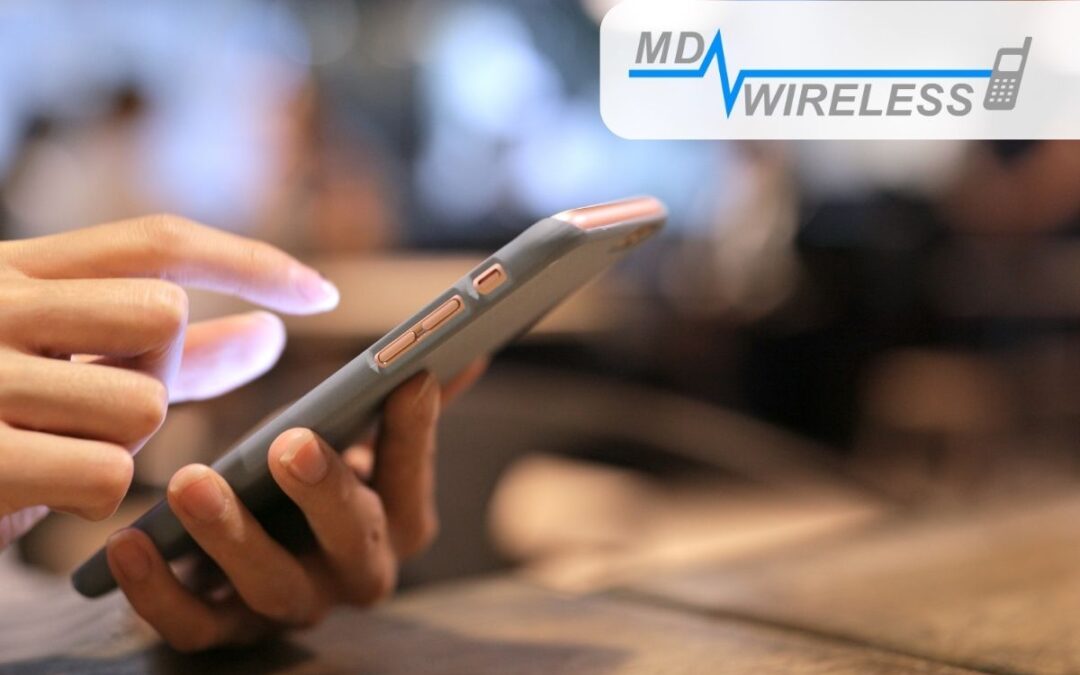Why Do We Need a Mobile Phone?
In a world that moves at the speed of data, the humble mobile phone has become more than a gadget, it’s a lifeline. This piece explores why we need our mobile devices, how they shape our daily routines, and what they mean for personal and professional life. By examining practical uses, social implications, and future trends, we can better understand the role of mobile technology in modern living.
Introduction: The Ubiquity and Value of Mobile Devices
Mobile phones are everywhere. From the moment we wake up to the time we go to bed, these devices assist, entertain, and connect us. But beyond convenience, there are deeper reasons we rely on our mobile devices: instant communication, access to information, safety and security, and the ability to stay productive on the go. Understanding why we need our mobile devices can help us use them more mindfully, balancing benefits with healthy digital habits.
Communication and Connectivity
One of the most obvious benefits of mobile devices is communication. Our phones keep us connected with family, friends, colleagues, and service providers, no matter the distance. Text messages, voice calls, video chats, and social media create a web of interaction that can be as casual or as essential as needed.
- Real-time updates: Coordinating plans, sharing news, or requesting help is faster when you have a device within arm’s reach.
- Costs and efficiency: Messaging apps often reduce costs compared to traditional SMS or international calls.
- Accessibility: People with mobility or hearing challenges can still communicate through various assistive features.
Information at Your Fingertips
Knowledge is power, and mobile devices bring a world of information to our fingertips. Whether you’re researching a product, reading the latest news, or learning a new skill, there’s an app or website for nearly every need.
- Quick answers: A few taps can reveal directions, translation, or how-to guides in seconds.
- Educational tools: Language learning apps, coding tutorials, and science explanations turn commutes into productive time.
- News and updates: Personalised feeds keep you informed about topics you care about.
Safety, Security, and Peace of Mind
Mobile devices contribute to safety in multiple ways. Emergency alerts, location sharing with trusted contacts, and quick access to help can be vital in critical moments.
- Emergency features: SOS modes, fall detection, and emergency contact backups provide an added layer of security.
- Location awareness: Sharing your location with trusted friends or family can improve safety during travel or in unfamiliar places.
- Data protection: Strong passwords, biometric locks, and regular updates help safeguard personal information.
Productivity on the Go
The ability to work, study, or manage tasks remotely has transformed professional life. Mobile devices enable you to stay organized and responsive, even when you’re away from a traditional desk.
- Agile communication: Cloud-based collaboration tools and email keep teams in sync.
- Task management: Reminders, calendars, and project trackers help you stay on top of deadlines.
- Learning on the move: Podcasts, microlearning apps, and e-books support continuous growth during spare moments.
Social and Cultural Considerations
Our use of mobile devices also shapes social norms and culture. They influence how we present ourselves, how we consume media, and how we allocate attention in public spaces.
- Etiquette and boundaries: Managing screen time and respecting others’ space is increasingly important.
- Digital citizenship: Responsible sharing, privacy awareness, and critical evaluation of information help maintain trust online.
- Economic impact: Access to mobile technology can enhance opportunities, especially in underserved communities, by opening doors to education and services.
The Future of Mobile Technology
As devices become more powerful and integrated with everyday objects, the role of mobile phones will continue to evolve. Potential trends include more seamless AI assistance, advanced health monitoring, and deeper integration with smart homes and vehicles.
- AI assistants: More proactive help, personalized recommendations, and context-aware support.
- Health and wellness: Wearables and phone integration enable better tracking and insights.
- Connectivity: 5G and beyond promise faster, more reliable networks that unlock new possibilities for remote work and multimedia experiences.
Balancing Benefits with Healthy Habits
While there are many reasons we need our mobile devices, it’s important to cultivate healthy usage patterns. Setting boundaries, prioritizing face-to-face connections, and using digital well-being tools can help maintain balance.
- Screen time awareness: Tracking usage to ensure it aligns with personal goals.
- Purposeful use: Choosing apps and activities that add value rather than simply filling time.
- Digital detox occasions: Regular breaks from devices can refresh attention and reduce stress.
Why Do We Need a Mobile Phone? – Final Thoughts
Why Do We Need a Mobile Phone? Not just for convenience, but for connection, knowledge, safety, and productivity. They empower us to navigate an increasingly complex world with more confidence and efficiency. By staying mindful of usage, leveraging the benefits, and preparing for a future where mobile technology becomes even more integrated, we can ensure that our phones amplify our lives without overwhelming them.
If you’re looking to reflect on the role these devices play in your daily routine, start with a simple question: how does my phone improve a typical day, and where could it support me more effectively? The answer often reveals practical ways to enhance both personal well-being and professional performance.
Discover the services we can offer you to get your phone working properly again!

